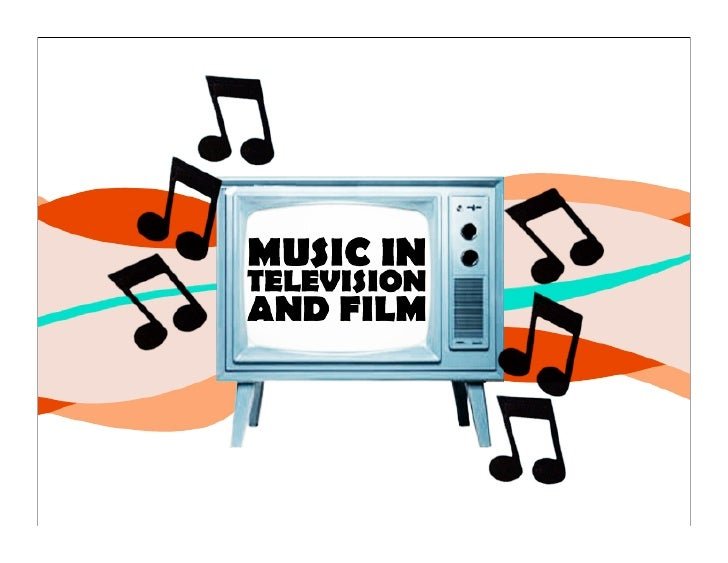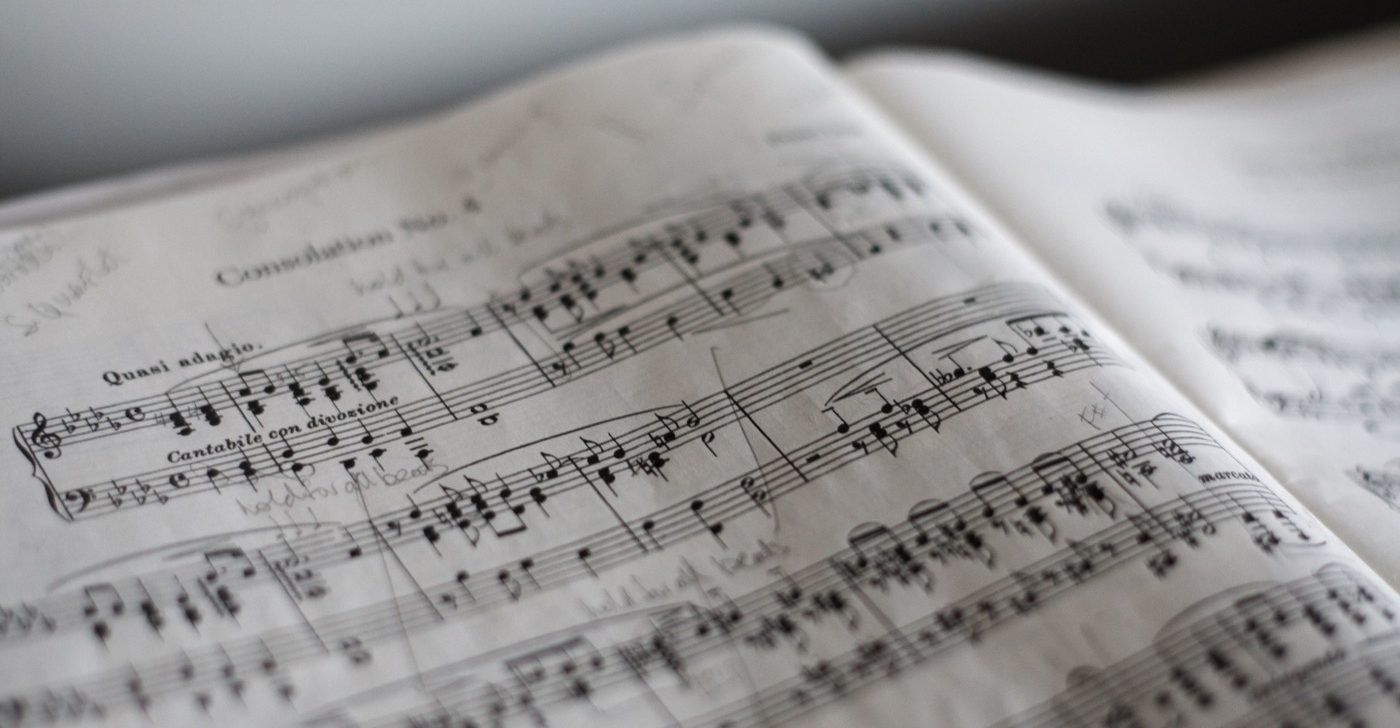Music holds a unique power to evoke emotions, set atmospheres, and even drive narratives forward. In fiction, music can become a character itself, a symbol, or a tool for enhancing mood. Writers often face the challenge of capturing the essence of music through words, a feat that requires creativity and authenticity. Here’s how to effectively write about music in fiction, whether it’s a song playing in the background, a musician’s journey, or the role music plays in your characters’ lives.
1. Integrate Music Seamlessly Into the Narrative
One of the key aspects of writing about music in fiction is making it feel like a natural part of the story. Avoid forcing it in just for the sake of adding a musical element. Instead, let it serve a purpose in the plot or the development of your characters.
- Character development: A character’s relationship with music can reveal important aspects of their personality. For example, a character who listens to jazz might be portrayed as independent and sophisticated, while someone who enjoys pop music might be more carefree and social.
- Setting the mood: Music is an excellent tool for setting the tone of a scene. A soft ballad in a moment of introspection can highlight a character’s vulnerability, while a fast-paced rock song might amplify tension in an action scene.
- Supporting themes: Music can reflect and reinforce the central themes of your story, such as love, loss, or rebellion. A character’s playlist can give insight into their emotions or struggles, making music an extension of the story’s larger narrative.
2. Use Music to Evoke Emotion
Music’s emotional power is one of the most compelling reasons to include it in fiction. As a writer, you can harness this power by describing the emotional impact of a piece of music on the characters and the readers.
- Direct emotional connections: Show how a song makes a character feel. For instance, if a character listens to a nostalgic song, their feelings of longing or sadness can be woven into the scene. Instead of just saying, “The song made her sad,” describe how the melody filled her with memories of a past lover or a lost opportunity.
- Soundtrack to the soul: Sometimes, a character’s inner world can be mirrored by the music they’re listening to. If a character is feeling hopeless, a sorrowful piece of music might reflect their emotional state. Conversely, a joyous character might be accompanied by upbeat tunes that emphasize their optimism.
3. Be Descriptive, But Don’t Overdo It
Writing about music in fiction can be tricky—if you get too technical, you might alienate readers who don’t share your level of musical knowledge. Conversely, being too vague can make it hard for readers to connect with the music you’re trying to describe.
- Find the balance: Instead of focusing on technicalities like chord progressions or scales, focus on what the music makes the character feel or how it fits into the scene. Describing the rhythm, tone, and mood of the music is often more effective than detailing specific musical elements.
- Use metaphors and similes: Since music is inherently abstract, employing creative language can help convey its emotional resonance. For instance, “The piano’s notes spilled like liquid silver, wrapping around her like a warm blanket” gives readers a vivid image of the music’s feel without getting bogged down in specific details.
- Show, don’t tell: Instead of simply stating what music is playing, immerse your reader in the scene by describing how the music interacts with the characters or the environment. Let the music enhance the moment rather than overshadow it.
4. Incorporate Musical References That Resonate With Your Audience
Including specific songs or musical genres can deepen your readers’ connection to the story. Music acts as a cultural touchstone, so referencing familiar songs or styles can evoke a shared sense of time and place.
- Use iconic songs wisely: If your story takes place in a specific era, mention songs that were significant at the time. For example, if your narrative is set in the 1960s, referencing The Beatles or Bob Dylan can help ground the reader in that era’s cultural landscape.
- Genre as a cultural identifier: The genre of music a character listens to can say a lot about them. Whether they prefer classical, hip-hop, indie rock, or EDM, music genres carry cultural connotations that can help define a character’s background or personal journey.

5. Use Music to Explore Character Relationships
Music can play a pivotal role in character interactions and relationships. Whether two characters bond over a shared love of music or use music to express their feelings, the inclusion of music can deepen their connection.
- Building bonds: Characters can connect over shared musical interests, attending concerts together or bonding over a favorite song. Music has a way of uniting people across differences, and this can be reflected in the way your characters interact.
- Expressing emotions without words: Sometimes, music becomes a stand-in for the unsaid. A character might play a particular song to communicate their feelings without having to express them directly. This could be used in romantic, familial, or even adversarial relationships where words fall short.
6. Avoid Overloading with Music References
While music can enrich your story, too much of it can become distracting. Remember, your main focus should still be the narrative and character development.
- Keep it relevant: Only include music when it serves the story. Constantly referencing music can make it feel forced and take away from the emotional depth of the scene.
- Use music for emphasis: Rather than making music a focal point in every scene, use it strategically to enhance key moments, such as a pivotal emotional shift or a climactic turning point.
7. Research and Accuracy Matter
To write convincingly about music, especially if it plays a significant role in your story, it’s important to do your research.
- Know your music history: If your story includes a particular artist, genre, or period, make sure to research that time and place accurately. This will help you avoid anachronisms and add authenticity to your narrative.
- Understand your musical terms: If your characters are musicians, understanding basic music theory can help you depict their experiences more accurately. However, you don’t need to overwhelm readers with technical jargon—focus on how the character’s relationship to the music informs their actions and emotions.
Conclusion
Writing about music in fiction offers an exciting opportunity to deepen your storytelling and create emotional resonance in your narrative. By integrating music naturally into the plot, using it to convey emotion, and keeping your descriptions balanced and accessible, you can craft a story that brings the power of music to life. Whether it’s enhancing character development, setting a scene, or reflecting deeper themes, music can enrich your fictional world and connect with readers in a profound way.








